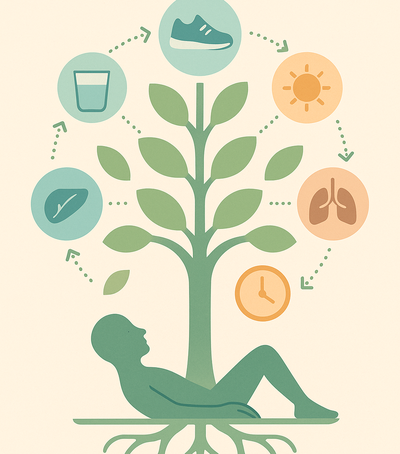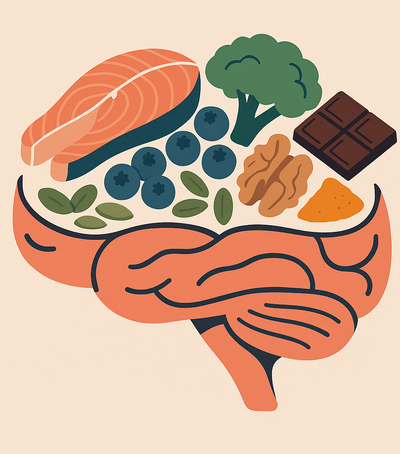Kiwi are small fruits that taste good and have many health benefits. All kiwi fruit is edible, including its skin, but most people prefer to peel it before eating.
1. Helps treat asthma
The large amount of vitamin C and antioxidants contained in kiwi can help treat asthma. A 2010 study found that regular kiwi consumption had a positive effect on lung function. Fresh fruits such as kiwi can reduce breathing problems in children.
2. It aids in digestion
Kiwis contain a lot of fiber, which is very good for digestion. These fruits also contain a proteolytic enzyme called actinidin, which helps break down proteins.
3. Improves the immune system
Kiwis contain a lot of vitamin C. One cup of kiwi provides 273% of the recommended daily intake for this vitamin. Vitamin C is a key nutrient for improving the immune system, reducing the chance of developing influenza or similar diseases.
4. Reduces the risk of other health problems
Oxidative stress can result in DNA damage. This can lead to health problems. Partly because of the antioxidants it contains, regular consumption of kiwifruit reduces the chance for oxidative stress. Since oxidative DNA damage is highly linked to colon cancer, consuming kiwi can reduce the risk of being affected by this cancer.
5. Helps manage blood pressure
Bioactive substances in three kiwi per day can lower blood pressure more than one apple per day. In the long run, this can bring a lower risk of developing blood pressure problems such as heart attacks or strokes.
6. Reduces blood clots
A study by the University of Oslo found that eating two to three kiwi a day significantly reduced the risk of blood clots. It was also found that kiwis reduce the amount of fats in the blood. The researchers compared the effect of kiwi to the effect of one aspirin per day.
7. Protects against vision loss
The main cause of vision loss is macular degeneration, and kiwifruit can help protect your eyes from this. Eating three kiwi portions a day reduces macular degeneration by 36%. High levels of zeaxanthin and lutein are believed to contribute to this effect.
Source: Healthline / Health /





